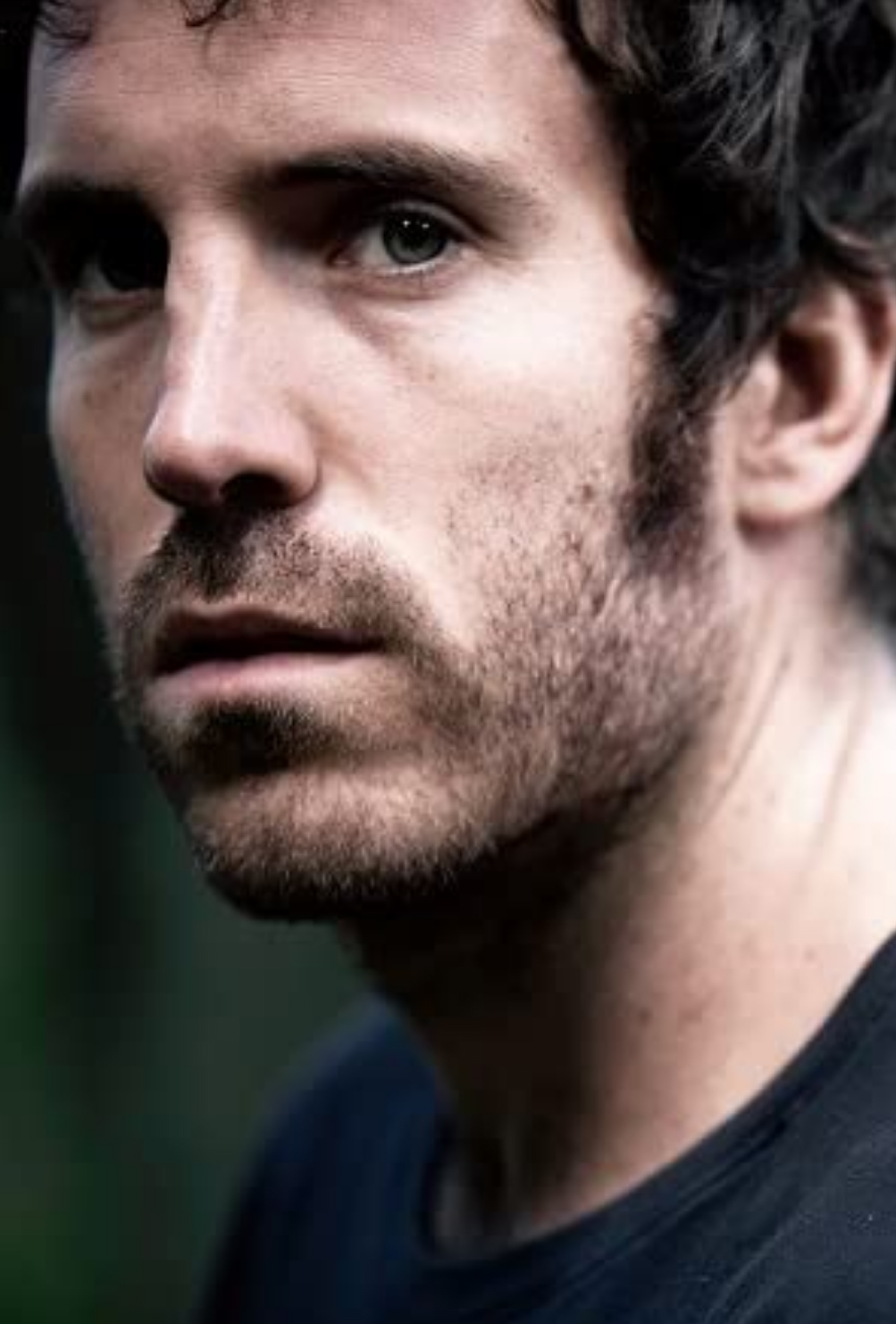
- Festivals
MIFF Young Australian Filmmakers: Thomas Wright, “The Stranger”
At a special Melbourne International Film Festival (MIFF) media event highlighting the next generation of talented Melbourne filmmakers – Thomas Wright (The Stranger), Alena Lodkina (Petrol), and Goran Stolveski (Of an Age & You Won’t Be Alone) – we heard from the three trailblazers about their new buzz-worthy films and how they fit into the Australian film landscape today.
Australian filmmaker Thomas Wright has always been attracted to dark material. In Jane Campion’s series Top of the Lake, he played a haunted ex-convict and in his debut 2018 black comedy film, Acute Misfortune, the writer-director examined a twisted relationship. But it’s fair to say that his sophomore feature, The Stranger – which premiered in Cannes’s Un Certain Regard section earlier this year and recently opened MIFF to be immediately acquired by Netflix – is his darkest work yet. Loosely inspired by the investigation into the infamous 2003 murder of 13-year-old Australian schoolboy Daniel Morcombe, the story centers on an undercover police officer (Joel Edgerton) who must win the trust of a possible child killer (Sean Harris) in an elaborate sting operation to catch him.
Who inspired you to become a filmmaker?
My first film was produced by Robert (The Dry) Connolly, who’d directed me in Balibo when I was 23 years old, and we’d just kept that relationship up. Jane Campion was also generous about reading my script. We talked about it on set, and she told me when I had a third draft of the script, she’d read it.
The Stranger is compelling but horrific because of the trauma the undercover detective is dealing with trying to get close to a child killer. What interested you in making this film?
I think I’m very interested in fragmented relationships, as my last film also dealt with, and the performance of the self and how we learn to be. The Stranger is dealing with primal aspects of human violence and the need for order. It delineates itself from a clear lineage of Australian films on this sort of subject matter because the reason for the film existence is violence, but violence is not the subject of the film. The film does not conclude with an emphatic act of violence but begins after an act of violence, with the need to make meaning and resolution when violence threatens to render things meaningless.
How would you describe this new wave of Australian filmmakers?
I think we’re seeing a time that’s actually extraordinarily exciting and really undervalued at the moment. We see people that are going outside of the more bureaucratic way of getting films funded by the government and more flourishing of independent cinema because the technology with digital is allowing that too. We had Justin Kurzel (Nitram) last year in the main competition at Cannes and Andrew Dominik having just made Blonde overseas and of course, all those more commercial filmmakers continuing to work in Australia, like Baz Luhrmann (Elvis) and George Miller (Furiosa) and Rob Connolly and Garth (Lion) Davis. It doesn’t feel like we’re churning out one type of work but it’s really diverse, so it feels like a really significant time in Australian film.

